 ST. JACOBS, ON – Home Hardware Stores Limited is proud to celebrate its long-standing partnership with Tree Canada by supporting community tree planting events in 25 locations across the country. As part of National Forest Week (September 21-28, 2025), participating Home stores are partnering with Tree Canada, local volunteers and municipal partners to plant native trees in parks, schoolyards and shared community spaces. These efforts highlight Home Hardware’s ongoing commitment to sustainability, reforestation, and building healthier communities. “For more than 30 years, our Dealers have supported environmental initiatives in the communities they call home,” said Ian White, President and CEO, Home Hardware Stores Limited. “We are honoured to continue this important partnership with Tree Canada and to help make a positive, lasting impact.” Home Hardware’s relationship with Tree Canada began in 1992. Since then, more than 30,000 trees have been planted, contributing to stronger urban canopies, improved air quality, and increased biodiversity across the country.
ST. JACOBS, ON – Home Hardware Stores Limited is proud to celebrate its long-standing partnership with Tree Canada by supporting community tree planting events in 25 locations across the country. As part of National Forest Week (September 21-28, 2025), participating Home stores are partnering with Tree Canada, local volunteers and municipal partners to plant native trees in parks, schoolyards and shared community spaces. These efforts highlight Home Hardware’s ongoing commitment to sustainability, reforestation, and building healthier communities. “For more than 30 years, our Dealers have supported environmental initiatives in the communities they call home,” said Ian White, President and CEO, Home Hardware Stores Limited. “We are honoured to continue this important partnership with Tree Canada and to help make a positive, lasting impact.” Home Hardware’s relationship with Tree Canada began in 1992. Since then, more than 30,000 trees have been planted, contributing to stronger urban canopies, improved air quality, and increased biodiversity across the country.


 TORONTO — World Wildlife Fund Canada’s
TORONTO — World Wildlife Fund Canada’s 

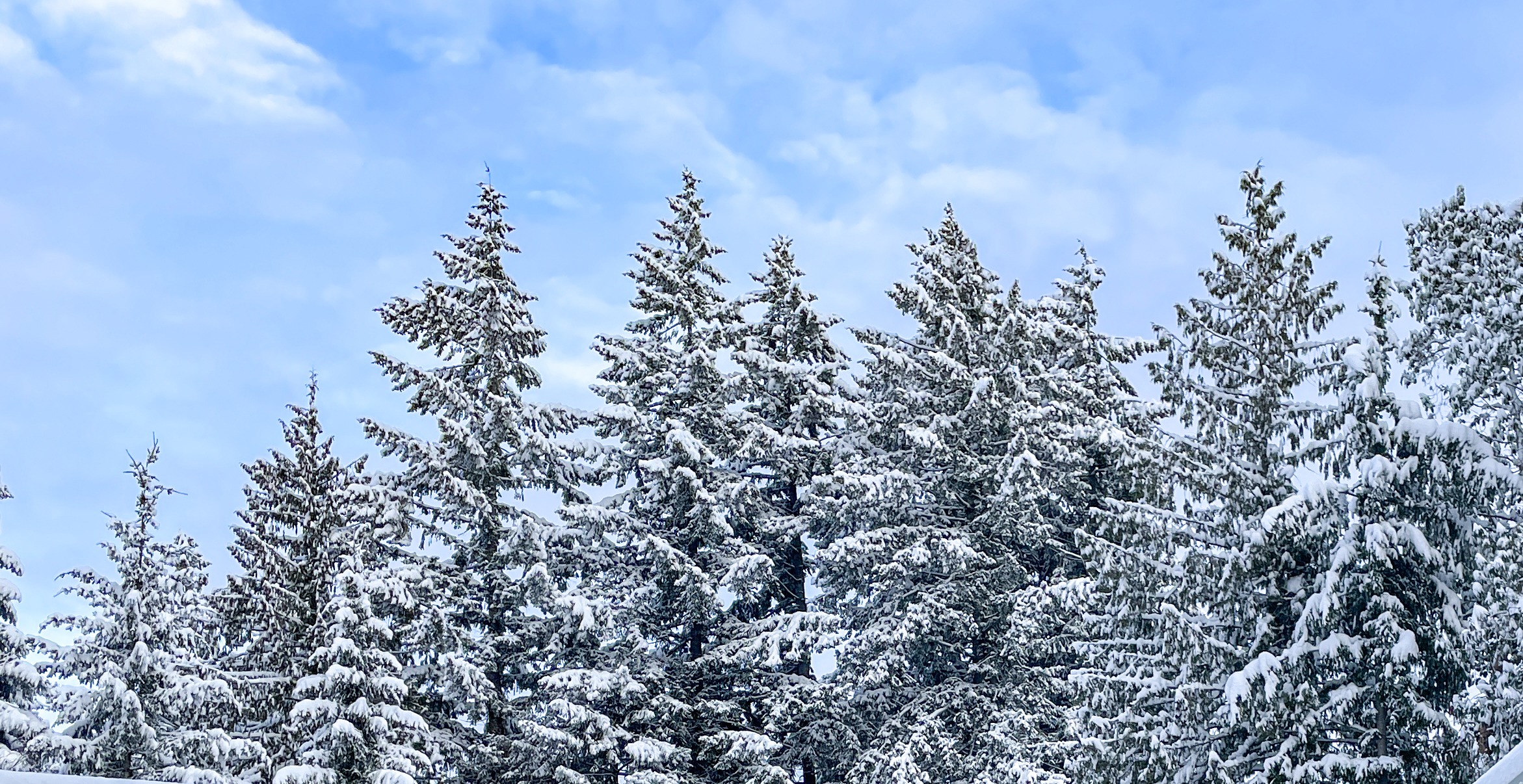 Less wildfire damage throughout the province and improved access to the great outdoors feature prominently in Danielle Smith’s renewed vision for Alberta. The premier issued new marching orders last week to Forestry and Parks Minister Todd Loewen, directing him to expand efforts to prevent wildfires and reduce their effects. One bullet point is that the minister seek a wildfire agreement with the federal government. Loewen said wildfire fighting and prevention are “incredibly important to Albertans.” So is more access to public lands in a sustainable way. “Those two things encompass a lot of what’s in the mandate letter, and I think they really resonate well with Albertans,” said Loewen, the member for Central Peace-Notley in the province’s northwest. He was one of four ministers to receive new mandate letters on Sept. 17.
Less wildfire damage throughout the province and improved access to the great outdoors feature prominently in Danielle Smith’s renewed vision for Alberta. The premier issued new marching orders last week to Forestry and Parks Minister Todd Loewen, directing him to expand efforts to prevent wildfires and reduce their effects. One bullet point is that the minister seek a wildfire agreement with the federal government. Loewen said wildfire fighting and prevention are “incredibly important to Albertans.” So is more access to public lands in a sustainable way. “Those two things encompass a lot of what’s in the mandate letter, and I think they really resonate well with Albertans,” said Loewen, the member for Central Peace-Notley in the province’s northwest. He was one of four ministers to receive new mandate letters on Sept. 17.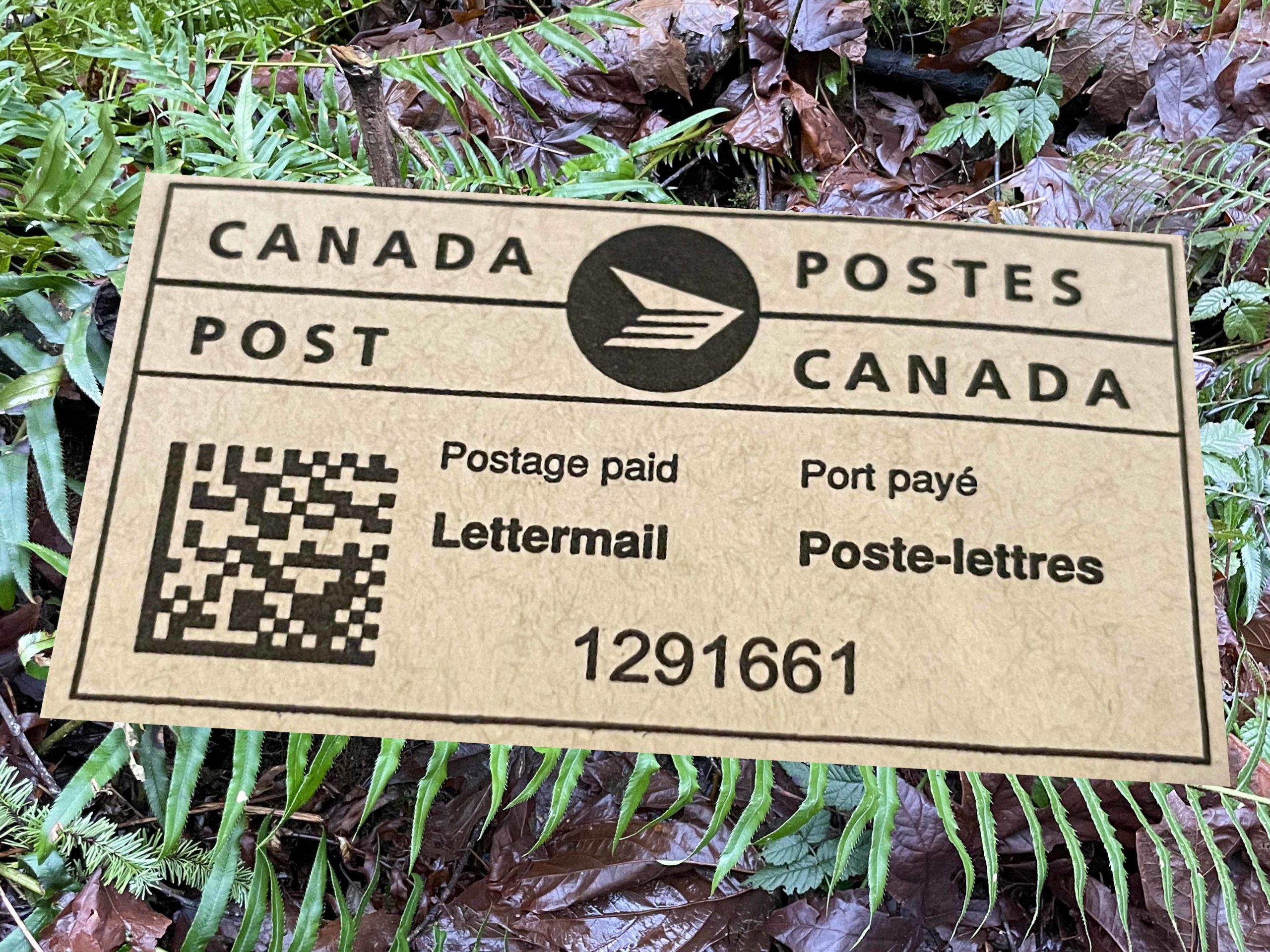 [Recent] articles in the Campbell River Mirror during Forestry Week, “Celebrating the role of First Nations in the forestry economy,” and “Mayor calls for urgent action to support forest industry,” deserve some context and reply from someone like myself who is directly in the crosshairs as a forest industry worker. …I work for La-kwa sa muqw Forestry Ltd., a majority-owned Western Forest Products company. And, as a union member, I am on strike. However, I am expressing my opinion only. …The article on the First Nations’ role in forestry is positive and forward-looking to a point. … On the face of it, you would think that the the Nanwakolas Council and Western Forest Products agreement was a win/win. …It glosses over the fact that Western is now using that partnership to try to gain major concessions from the union regarding the mid-island forest operations being a union shop.
[Recent] articles in the Campbell River Mirror during Forestry Week, “Celebrating the role of First Nations in the forestry economy,” and “Mayor calls for urgent action to support forest industry,” deserve some context and reply from someone like myself who is directly in the crosshairs as a forest industry worker. …I work for La-kwa sa muqw Forestry Ltd., a majority-owned Western Forest Products company. And, as a union member, I am on strike. However, I am expressing my opinion only. …The article on the First Nations’ role in forestry is positive and forward-looking to a point. … On the face of it, you would think that the the Nanwakolas Council and Western Forest Products agreement was a win/win. …It glosses over the fact that Western is now using that partnership to try to gain major concessions from the union regarding the mid-island forest operations being a union shop. 


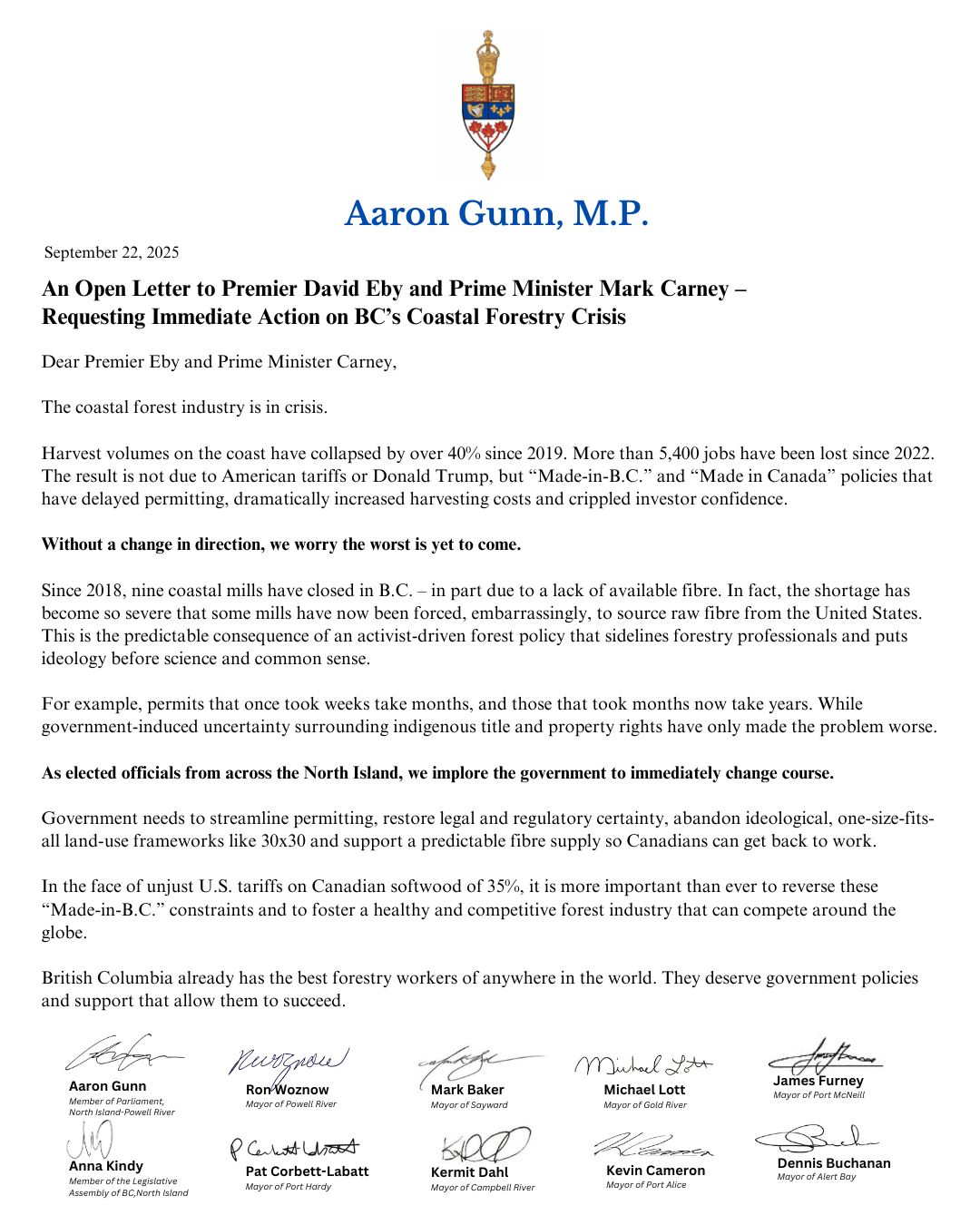

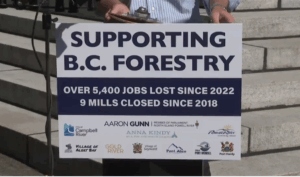 Today on the back steps of the Legislature building, MP Aaron Gunn, MLA Anna Kindy along with five North Island Mayors are calling on Ottawa and BC to remove the red tape when it comes to cutting permits in the province. North Island- Powell River MP Aaron Gunn sent an open letter today to both Premier David Eby and Prime Minister Mark Carney telling North Vancouver Island and the province is in a forestry crisis. “Harvest volumes have collapsed in half and more than 5,400 jobs have been lost. It’s the result of made in BC, made in Canada policies that have delayed permitting, dramatically increased harvesting costs and crippled investors confidence,” said Gunn. The Mayor of Powell River Ron Woznow was at the press conference with Gunn, echoing his concerns. …BC Forests Minister Ravi Parmar reacted briefly… adding that more details on a ‘refreshed BC timber sales’ will be released Tuesday.
Today on the back steps of the Legislature building, MP Aaron Gunn, MLA Anna Kindy along with five North Island Mayors are calling on Ottawa and BC to remove the red tape when it comes to cutting permits in the province. North Island- Powell River MP Aaron Gunn sent an open letter today to both Premier David Eby and Prime Minister Mark Carney telling North Vancouver Island and the province is in a forestry crisis. “Harvest volumes have collapsed in half and more than 5,400 jobs have been lost. It’s the result of made in BC, made in Canada policies that have delayed permitting, dramatically increased harvesting costs and crippled investors confidence,” said Gunn. The Mayor of Powell River Ron Woznow was at the press conference with Gunn, echoing his concerns. …BC Forests Minister Ravi Parmar reacted briefly… adding that more details on a ‘refreshed BC timber sales’ will be released Tuesday.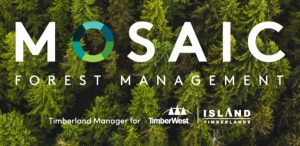 Mosaic Forest Management says it has heard Vancouver Islanders loud and clear when it comes to accessing private forest lands,
Mosaic Forest Management says it has heard Vancouver Islanders loud and clear when it comes to accessing private forest lands, 
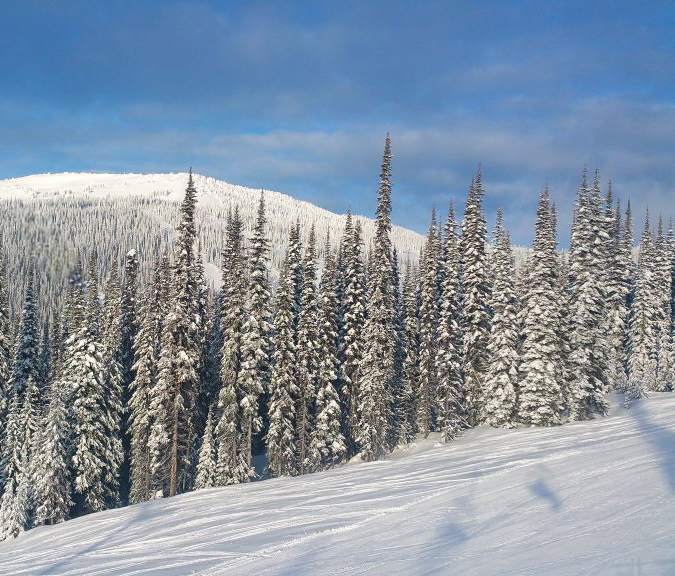 After a successful 2025 event, Quesnel council has approved $20,000 to advance the 2027 Future of Forestry Think Tank (FFTT) Summit. On May 21 and 22, the fourth FFTT took place at the North Cariboo Community Campus where 54 delegates from various orders of government, academia, industry, and funding organizations from across Canada attended. B.C.’s Minister of Forests, Ravi Parmar, opened the event with a pre-recorded message to the attendees addressing the importance of a positive, proactive, innovative, and local approach to the significant challenges confronting the province’s forest sector. This year’s theme was ‘Accelerating Change’ and in total,
After a successful 2025 event, Quesnel council has approved $20,000 to advance the 2027 Future of Forestry Think Tank (FFTT) Summit. On May 21 and 22, the fourth FFTT took place at the North Cariboo Community Campus where 54 delegates from various orders of government, academia, industry, and funding organizations from across Canada attended. B.C.’s Minister of Forests, Ravi Parmar, opened the event with a pre-recorded message to the attendees addressing the importance of a positive, proactive, innovative, and local approach to the significant challenges confronting the province’s forest sector. This year’s theme was ‘Accelerating Change’ and in total,  The B.C. government says two partnerships with the federal government are being expanded to help workers and communities affected by U.S. tariffs. The first is Build Your Own Future. A program originally focused on forestry, it is being expanded to support workers across all industries affected by U.S. President Donald Trump’s trade policy, says a release from the Social Development and Poverty Reduction Ministry Sept. 19. It’s funded through the Northern Innovation Network as a three-year initiative to develop and deliver entrepreneurship training tailored to skilled trades people and technicians. The ministry says the program offers five-day business boot camps, with one-on-one coaching and mentorship to “help displaced workers transition into entrepreneurship.” Those who complete the program are eligible for a $5,000 grant to help cover startup costs, the release adds.
The B.C. government says two partnerships with the federal government are being expanded to help workers and communities affected by U.S. tariffs. The first is Build Your Own Future. A program originally focused on forestry, it is being expanded to support workers across all industries affected by U.S. President Donald Trump’s trade policy, says a release from the Social Development and Poverty Reduction Ministry Sept. 19. It’s funded through the Northern Innovation Network as a three-year initiative to develop and deliver entrepreneurship training tailored to skilled trades people and technicians. The ministry says the program offers five-day business boot camps, with one-on-one coaching and mentorship to “help displaced workers transition into entrepreneurship.” Those who complete the program are eligible for a $5,000 grant to help cover startup costs, the release adds.  Lil’wat Forestry Ventures (LFV), working in partnership with the Líl̓wat Nation and with support from the BC Wildfire Service (BCWS), is set to carry out a cultural burn this fall adjacent to the Xetó̓lacw community in Mount Currie. The burn—located approximately 16 kilometres northeast of Pemberton—aims to reduce wildfire risk, restore ecosystems, and reintroduce culturally important plants like berries and mushrooms. “We’re proud to support this cultural burn, which combines traditional Indigenous knowledge with modern fire management practices,” said Fire Chief Marshall Ritchie in a release. “It will help protect our community from future wildfires while also restoring the landscape, bringing back berries and mushrooms over the next two to five years. That renewal will benefit not just us, but also local wildlife like deer and bears.”
Lil’wat Forestry Ventures (LFV), working in partnership with the Líl̓wat Nation and with support from the BC Wildfire Service (BCWS), is set to carry out a cultural burn this fall adjacent to the Xetó̓lacw community in Mount Currie. The burn—located approximately 16 kilometres northeast of Pemberton—aims to reduce wildfire risk, restore ecosystems, and reintroduce culturally important plants like berries and mushrooms. “We’re proud to support this cultural burn, which combines traditional Indigenous knowledge with modern fire management practices,” said Fire Chief Marshall Ritchie in a release. “It will help protect our community from future wildfires while also restoring the landscape, bringing back berries and mushrooms over the next two to five years. That renewal will benefit not just us, but also local wildlife like deer and bears.”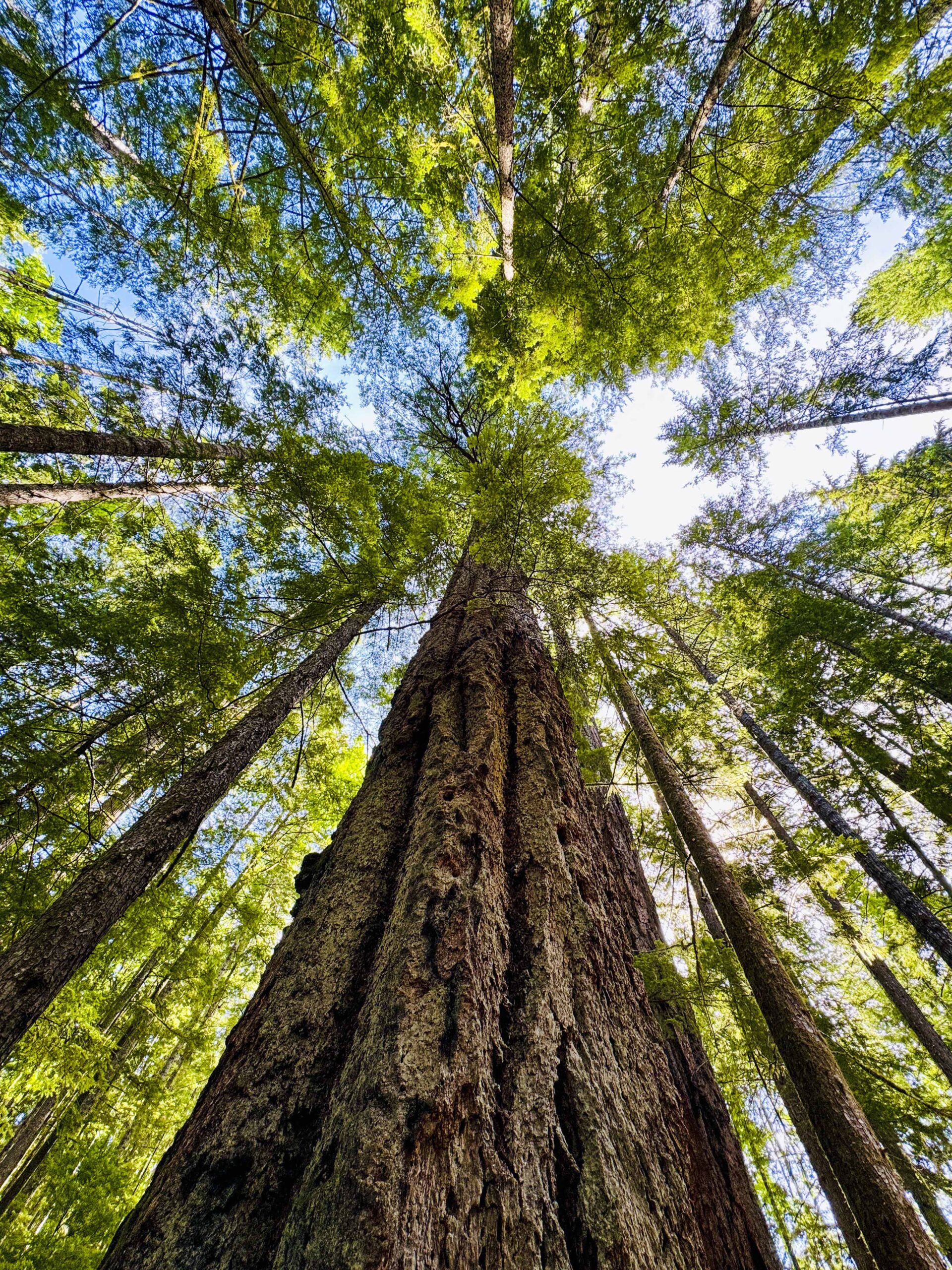 A group of people staged a rally outside the Museum and Archives of Vernon Saturday, calling for climate action and raising awareness about human activities they say are a net negative when it comes to human health. … Climate activist Jane Weixl, said one climate-related issue on her mind is the need for forestry reform. She said the five-year mark has just passed from when the provincial government said it would implement 14 forestry recommendations from a strategic review. “We need to stop clear-cut logging. We have a lot of different excuses for clear-cut logging, that it’ll help with forest fires — well, we know it causes flooding. We know it makes forest fires worse because the whole top layer dries up when there are no trees sheltering it. We are really in serious need of forestry reform,” she added.
A group of people staged a rally outside the Museum and Archives of Vernon Saturday, calling for climate action and raising awareness about human activities they say are a net negative when it comes to human health. … Climate activist Jane Weixl, said one climate-related issue on her mind is the need for forestry reform. She said the five-year mark has just passed from when the provincial government said it would implement 14 forestry recommendations from a strategic review. “We need to stop clear-cut logging. We have a lot of different excuses for clear-cut logging, that it’ll help with forest fires — well, we know it causes flooding. We know it makes forest fires worse because the whole top layer dries up when there are no trees sheltering it. We are really in serious need of forestry reform,” she added.
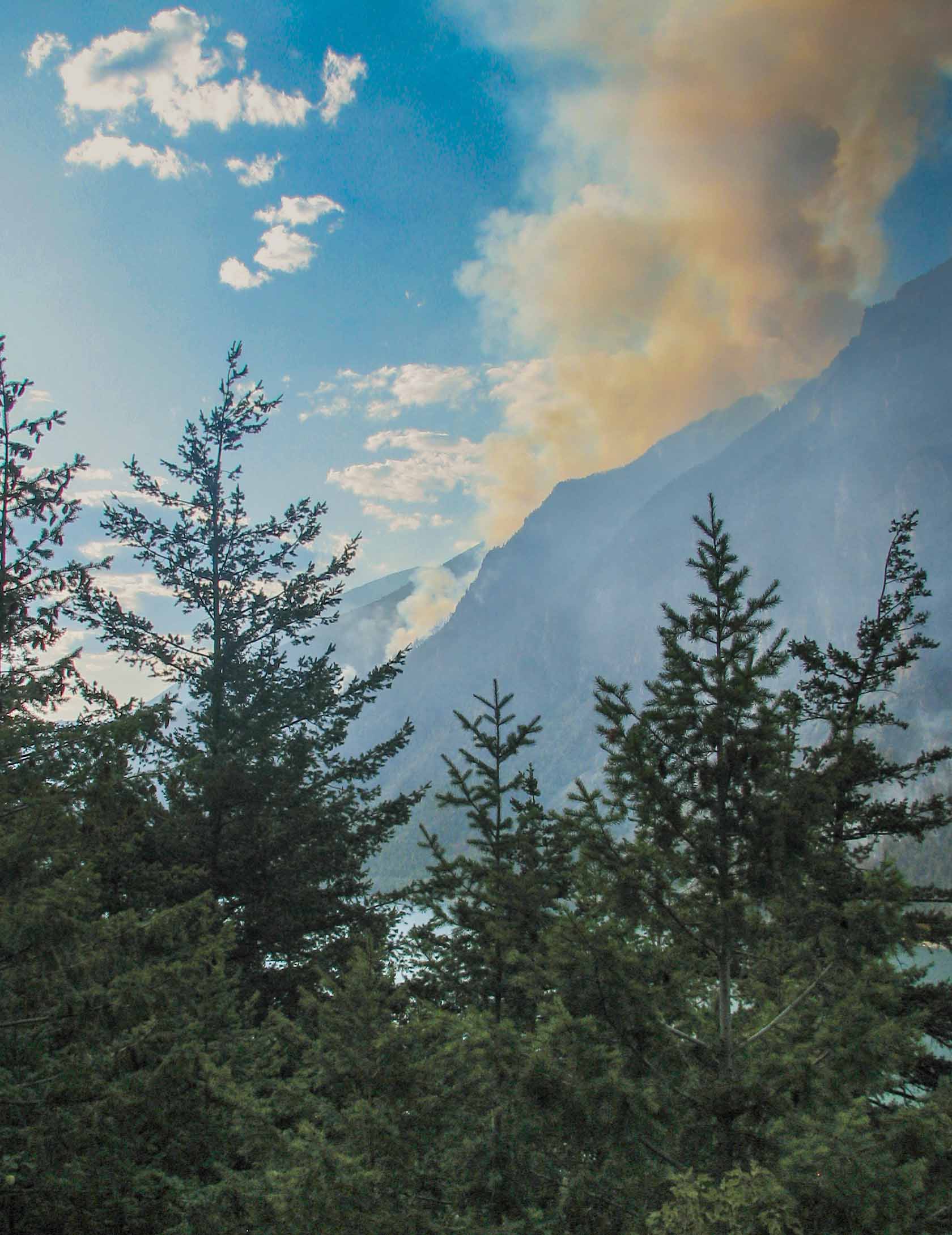 Summer is nearing its end but one Yukon community is already thinking about next year’s wildfire season. The Village of Mayo, Yukon is the latest community to finalize its wildfire community protection plan. It identifies potential wildfire risks within the community and surrounding areas, while outlining actions to prevent, or reduce those risks. The plan was designed with input from the municipality, the First Nation of Na Cho Nyak Dun, and the territory’s Wildland Fire Management. Ellis, Mayo’s mayor, said now that the plan is outlined on paper it’s time to start implementing it. “The big thing is the physical stuff,” he said, like thinning fire breaks for example. “That stuff is going to take some time and we’ve got to get to work on it.”
Summer is nearing its end but one Yukon community is already thinking about next year’s wildfire season. The Village of Mayo, Yukon is the latest community to finalize its wildfire community protection plan. It identifies potential wildfire risks within the community and surrounding areas, while outlining actions to prevent, or reduce those risks. The plan was designed with input from the municipality, the First Nation of Na Cho Nyak Dun, and the territory’s Wildland Fire Management. Ellis, Mayo’s mayor, said now that the plan is outlined on paper it’s time to start implementing it. “The big thing is the physical stuff,” he said, like thinning fire breaks for example. “That stuff is going to take some time and we’ve got to get to work on it.”


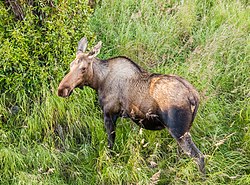
 WASHINGTON, DC — US Secretary of Agriculture Rollins announced the USDA Forest Service is investing
WASHINGTON, DC — US Secretary of Agriculture Rollins announced the USDA Forest Service is investing 
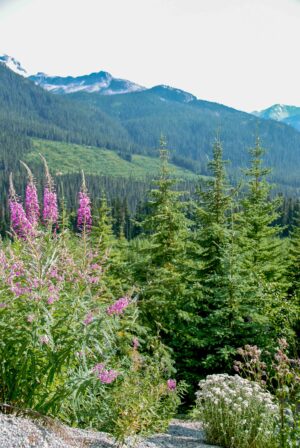




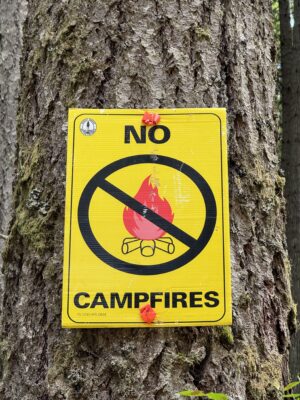
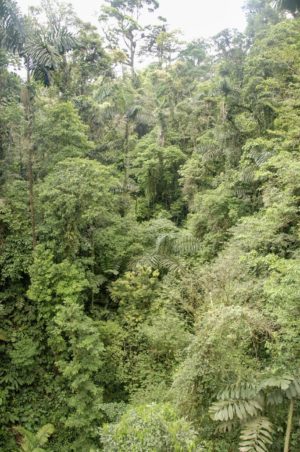 Brazil will invest $1 billion in the
Brazil will invest $1 billion in the 
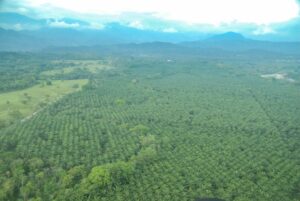 The European Commission has proposed delaying the EU’s flagship anti-deforestation law for the second year in a row as it continues its war on red tape. The rules, which would force companies to stop using commodities that have been produced on deforested land, are unpopular with many businesses who argue they impose complex regulatory burdens. Several of the EU’s trading partners have also complained about the law. …The EU’s environment commissioner Jessika Roswall, announcing the delay of the European Union Deforestation Regulation said “We need the time to combat the risk with the load of information in the IT system.” …It’s the latest in a long string of actions by the Commission since late last year to weaken or delay green rules, part of a grand push to get rid of red tape and boost the global competitiveness of European industry.
The European Commission has proposed delaying the EU’s flagship anti-deforestation law for the second year in a row as it continues its war on red tape. The rules, which would force companies to stop using commodities that have been produced on deforested land, are unpopular with many businesses who argue they impose complex regulatory burdens. Several of the EU’s trading partners have also complained about the law. …The EU’s environment commissioner Jessika Roswall, announcing the delay of the European Union Deforestation Regulation said “We need the time to combat the risk with the load of information in the IT system.” …It’s the latest in a long string of actions by the Commission since late last year to weaken or delay green rules, part of a grand push to get rid of red tape and boost the global competitiveness of European industry. 